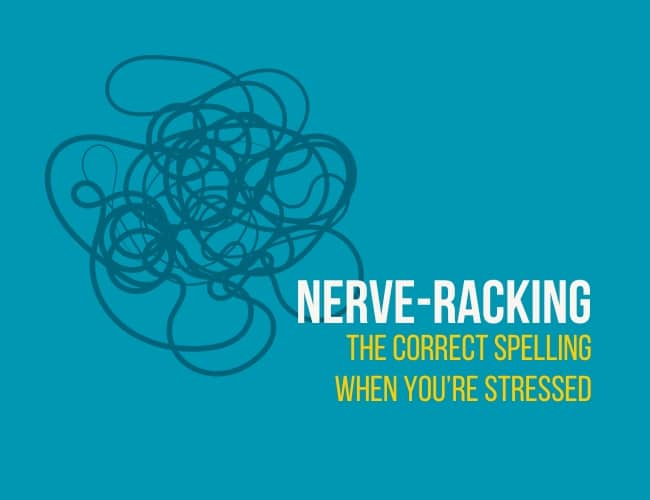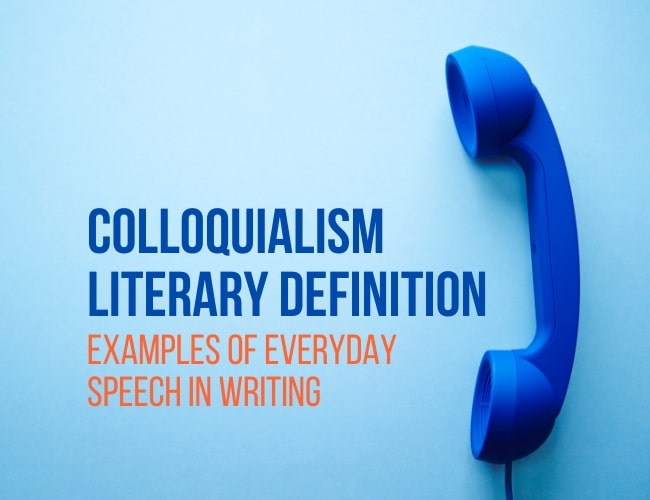
by Robert Harrell |
According to Merriam-Webster, a colloquialism is “a colloquial expression.” Wasn’t that helpful?
When we look up “colloquial,” we learn that it means, “used in or characteristic of familiar and informal conversation.”
So, a colloquialism is an expression used in or characteristic of casual speech. It can also be a local or regional dialect expression. This is critically important to understand as you write dialogue for characters.
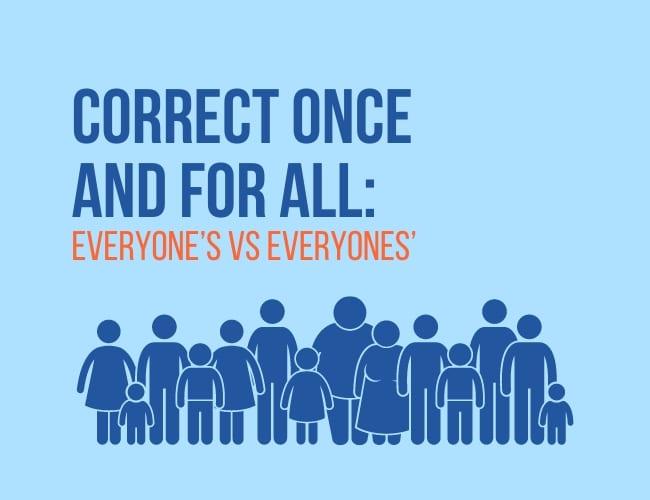
by Robert Harrell |
When you want to give ownership of something to everyone, how do you write it? Everyone’s vs everyones’? And why does this word give everyone so much trouble? Let’s find out.
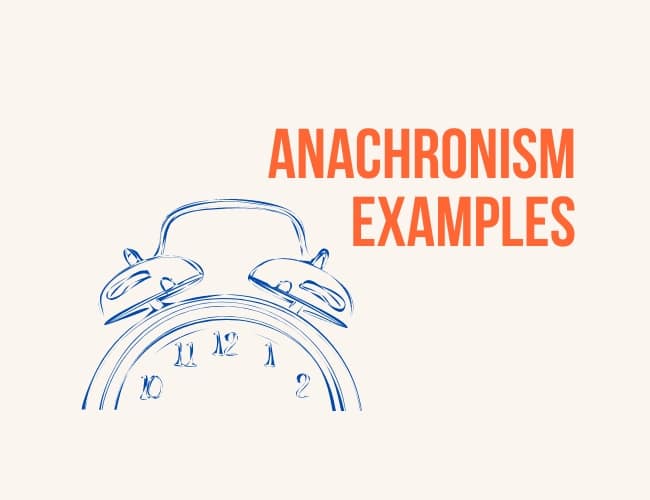
by Robert Harrell |
Imagine writing a story set in Dickens’ 19th century, Victorian England, and your Scrooge spin-off answers his cell phone, “Wassup?” Or your knight in 13th century France uses phrases like, “spilling the tea.” Those are anachronisms, and they would likely startle contemporary audiences out of the story.
Let’s look at the definition of anachronism, types of anachronism, and anachronisms in your story.
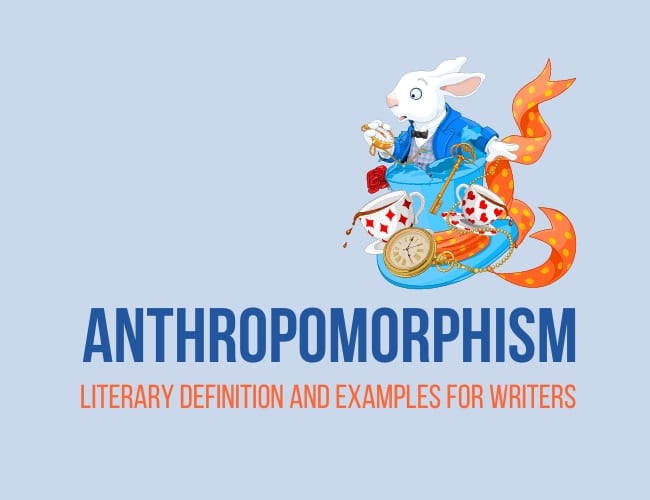
by Joe Bunting |
Children’s books often use animals as main characters, giving them human-like characteristics to connect with readers in real life. Did you know there’s a name for that? Let’s look at anthropomorphism’s literary definition and some examples.
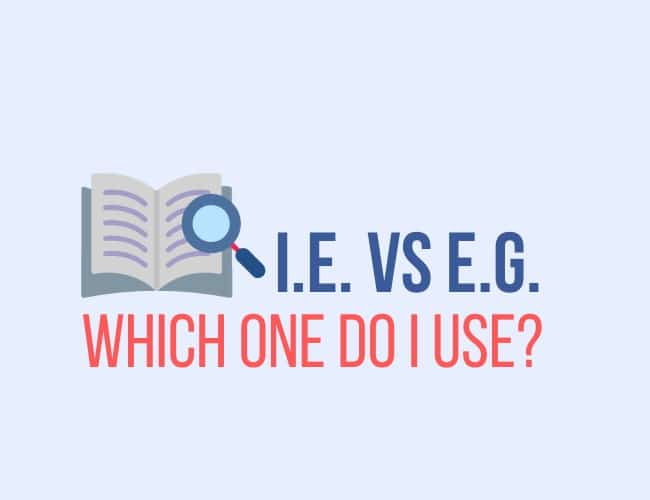
by Liz Bureman |
We all have our pet peeves when it comes to writing. Maybe you hate the Oxford comma. Maybe you loathe the misuse of the ellipsis. As an editor, I’m supposed to have a lot of writing pet peeves, but one of my biggest is the interchanging of e.g. and i.e. I’m here to tell you once and for all that the two are not the same.


